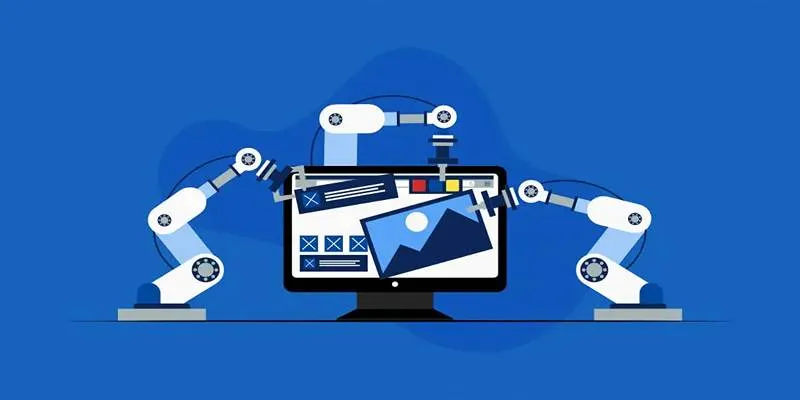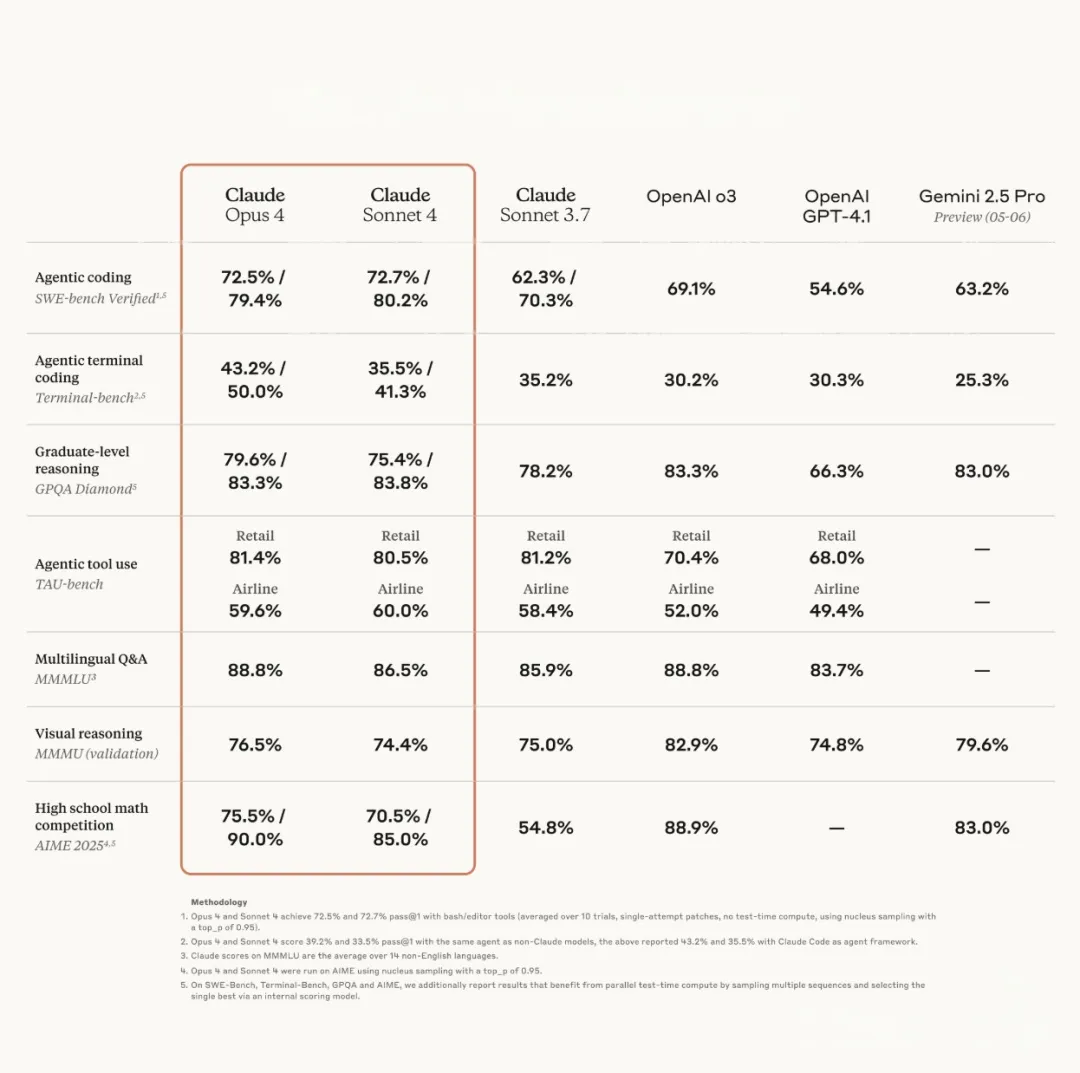In today’s digital world, businesses heavily rely on IT systems to ensure smooth operations. However, managing these systems can be both time-consuming and complex. This is where Business AI (Artificial Intelligence) comes in. By leveraging AI tools, companies can alleviate the burden on IT teams, accelerate tasks, and make informed decisions. This post explores how Business AI enhances IT efficiency , the available tools, and the benefits companies can expect.
Understanding Business AI in the IT Context
Business AI involves applying artificial intelligence technologies within business environments to address operational challenges. In the IT sphere, these tools assist in system management, workflow automation, performance monitoring, and cybersecurity support—all with minimal human intervention.
IT teams often grapple with repetitive and time-sensitive tasks, such as handling support tickets, managing software updates, monitoring servers, and addressing security threats. Business AI optimizes these functions, allowing IT professionals to concentrate on more strategic priorities.
The Growing Importance of IT Efficiency
Efficient IT operations are the backbone of successful digital enterprises. Delays in issue resolution or system outages can directly affect employee productivity and customer satisfaction. Therefore, boosting IT efficiency is essential rather than optional.
Companies that adopt intelligent tools enjoy several advantages, including:
- Faster service delivery
- Better uptime and system reliability
- Reduced manual workload
- Lower operational costs
- Improved employee morale within IT teams
Key Ways Business AI Boosts IT Efficiency
The adoption of Business AI transforms IT department operations. From automating tasks to providing actionable insights, here are the key areas where AI delivers value:
Automation of Repetitive IT Tasks

One of the most significant benefits of Business AI is its ability to automate time-consuming IT tasks. Tasks such as password resets, patch management, user provisioning, and performance checks can all be handled with minimal human involvement.
By automating these operations, businesses reduce errors and speed up response times. For instance, AI-based service desk solutions can automatically process support requests, assign tickets, or even resolve basic user queries.
Automation leads to:
- Fewer manual interventions
- Faster IT service delivery
- More time for IT staff to focus on critical tasks
Proactive Monitoring and Incident Response
Business AI tools excel in continuous system monitoring. Rather than waiting for issues to arise, AI can detect irregular patterns and trigger alerts before problems escalate.
Advanced AI systems analyze real-time data to forecast server failures, identify unusual network activity, or flag slowdowns. This proactive approach reduces downtime and allows for faster incident resolution. In many cases, AI doesn’t just identify problems—it suggests or initiates solutions, reducing the mean time to resolution (MTTR).
Predictive Analytics for IT Planning
AI-powered predictive analytics help businesses make informed decisions about their IT infrastructure. By studying trends and historical data, these tools can predict when a system might need upgrades, maintenance, or scaling.
For example, if a company’s data usage is rapidly increasing, AI can recommend expanding cloud storage or improving bandwidth. This foresight reduces emergency fixes and enables better budgeting and planning.
Benefits of predictive analytics:
- Data-driven forecasting
- Improved resource allocation
- Long-term infrastructure planning
Enhanced Cybersecurity Capabilities
Cybersecurity is a critical component of IT management. Business AI strengthens digital security by identifying threats faster and more accurately than traditional methods.
AI-based security systems use behavioral analysis to detect abnormal user activity, suspicious access patterns, or unauthorized data sharing. When threats are identified, these systems can automatically isolate affected components or alert security teams instantly.
AI improves security by:
- Spotting threats early
- Responding in real-time
- Continuously learning from new attack patterns
Real-World Examples of Business AI in IT
Several forward-thinking companies have integrated Business AI into their IT ecosystems and reported measurable benefits.
- Telecom providers have deployed AI chatbots to resolve common connectivity issues, reducing support call volumes.
- Retail businesses use AI to monitor inventory management systems, alerting IT staff of potential database slowdowns or failures.
- Healthcare organizations benefit from AI-driven compliance tools that ensure medical data systems stay up-to-date with regulatory standards.
These examples highlight how Business AI brings practical value to various industries, regardless of the size or complexity of their IT operations.
Selecting the Right AI Tools for IT Operations
While AI offers numerous benefits, its effectiveness depends on selecting the right tools. Businesses must assess their specific needs, resources, and existing infrastructure before investing in AI systems.
Identifying Core IT Challenges

Organizations should start by identifying inefficiencies, whether in system monitoring, ticket management, or security protocols. Understanding these challenges will guide AI tool selection.
Compatibility with Current Systems
AI solutions should integrate seamlessly with existing IT software, cloud platforms, and communication tools. Compatibility ensures faster onboarding and fewer disruptions during deployment.
Vendor Support and Updates
The AI provider must offer consistent support, regular updates, and training resources. This ensures the solution evolves with technological changes and continues delivering value.
Business Benefits Beyond IT Efficiency
Implementing Business AI does more than streamline IT tasks—it also contributes to broader business goals.
Long-term benefits include:
- Cost savings from reduced manual labor
- Greater innovation due to freed-up IT talent
- Improved user experience for internal staff and customers
- Enhanced data governance and compliance support
As AI matures, its potential applications across departments—HR, finance, marketing—grow stronger. However, starting with IT provides a foundational use case that delivers fast, visible results.
Conclusion
Business AI has proven to be a valuable ally in the quest for greater IT efficiency. By automating tasks, detecting issues in real-time, and providing predictive insights, AI enhances IT department functionality. For organizations seeking to reduce operational friction, strengthen security, and make smarter IT decisions, Business AI offers a clear and practical path forward. The future of efficient IT is not just digital—it’s intelligent.
 zfn9
zfn9























